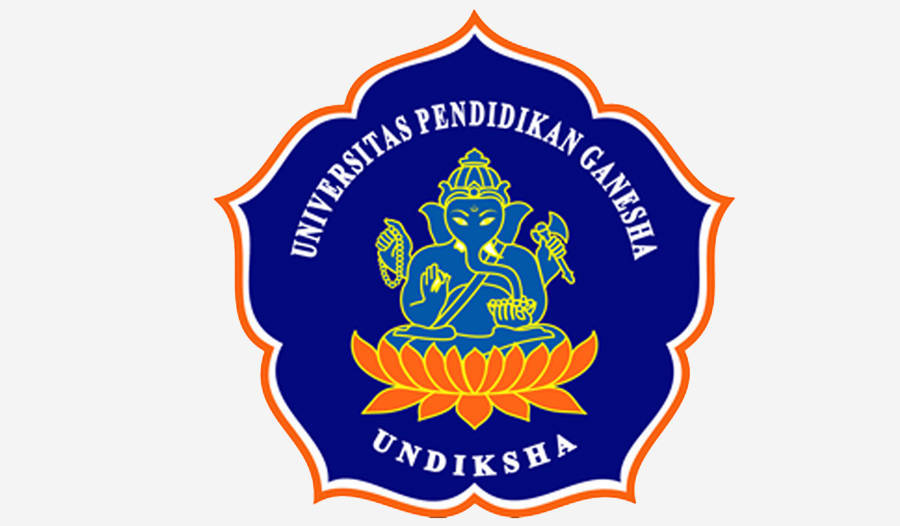
Goal 11 – Sustainable Cities and Communities
Support of arts and heritage
- Public access to buildings
- Public access to libraries
- Public access to museums
- Public access to green spaces
- Arts and heritage contribution
- Record and preserve cultural heritage
Key objective:
Establish “Tri Hita Karana” course as a General Compulsory Course in the 2019 Curriculum of Universitas Pendidikan Ganesha
Implementation Plan:
- The Tri Hita Karana course is programmed into the 2019 Universitas Pendidikan Ganesha Curriculum in order to provide knowledge about maintaining harmonious relationships between humans and God, humans and other humans, and humans and their environment.
- Implement the Tri Hita Karana course as one of the courses taught in the 1st semester.
- Make the Tri Hita Karana course as a prerequisite for taking other courses in the Universitas Pendidikan Ganesha curriculum.
Alignment with SDGs:
SDG 4: Quality Education: The course promotes cultural understanding and fosters values like environmental awareness and responsible living, which contribute to a well-rounded education.
SDG 11: Sustainable Cities and Communities: Tri Hita Karana emphasizes harmony with nature, which aligns with promoting sustainable practices and responsible resource management within communities.
SDG 16: Peace, Justice and Strong Institutions: The focus on fostering harmonious relationships between humans (Pawongan) contributes to building peaceful and inclusive societies.
Stakeholder Involvement
The successful implementation of the Tri Hita Karana course requires involvement from various stakeholders:
University Administration: Responsible for curriculum development, faculty allocation, and ensuring the course is delivered effectively. This includes collaborating with relevant faculties like Hindu Dharma and Cultural Sciences.
Faculty and Staff: Lecturers play a crucial role in delivering the course content in an engaging and informative way. Integrating interactive elements and discussions around contemporary applications of Tri Hita Karana principles can enhance student learning.
Students: Active participation in the course by attending lectures, completing assignments, and engaging in discussions is crucial. Students can also explore how the Tri Hita Karana philosophy can be applied in their daily lives.
Community Leaders: Inviting guest speakers from religious or cultural backgrounds can provide valuable insights and perspectives for students. Collaborating with local organizations promoting sustainable practices can further enrich the learning experience.
Sustainable practices
- Sustainable practices targets
- Promote sustainable commuting
- Allow remote working
- Affordable housing for employees
- Affordable housing for students
- Pedestrian priority on campus
- Local authority collaboration regarding planning and development
- Planning development – new build standards
- Building on brownfield sites








